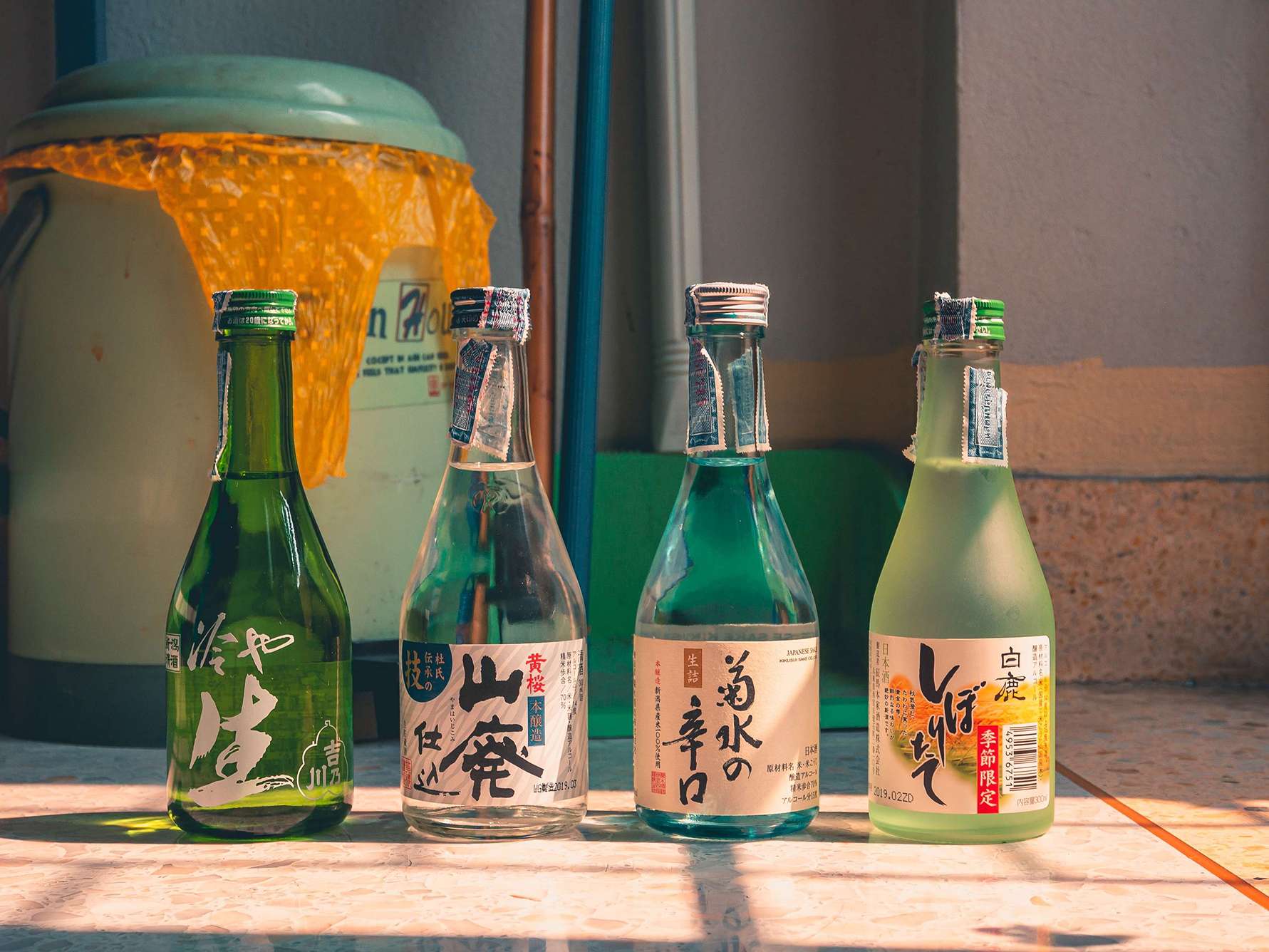
Culture and Drinking: Traditional Japanese Sake Etiquette
Sake isn’t merely an alcoholic drink. It has a rich history and culture behind it. It’s one of the only liquors that can be served chilled, warm, or even hot, making it the perfect drink for any kind of weather. Originating in Japan, this distilled rice wine has its own rituals and traditions when it comes to consuming it. It’s believed that sake is a gift from the gods, given to man for social purposes, to bring people together. Because of this backstory, there are several sake etiquettes in place when drinking. These steps are all centered around being social. Following these traditions show respect to the culture from whence the drink came. The next time you’re having sake as a group, try and observe these basic sake etiquettes!
What is Sake?
Sake (pronounced sah-keh) is a traditional Japanese alcoholic beverage made from fermented rice. Often called “rice wine,” sake is actually brewed more like beer—where starch is converted into sugar before it becomes alcohol. But make no mistake, sake has its own unique character and cultural importance that sets it apart from any other drink.
What makes sake special is its smooth, delicate flavor that can range from light and fruity to rich and earthy. It’s incredibly versatile since you can enjoy it chilled, warm, or even hot, depending on the type and the season. In Japan, sake is often served during celebrations, ceremonies, and casual get-togethers, making it a drink that brings people together.
Drinking Sake Etiquette You Must Know
In Japanese culture, drinking sake comes with its own set of customs that add meaning and respect to the experience. Knowing a few basic sake etiquette tips can make the moment even more special. Don’t worry, it’s easy to learn and a great way to show appreciation for this beloved drink. Let’s dive into the essential sake-drinking manners you should know!
Sake etiquette depends on the formality of the occasion
A versatile drink, sake can be consumed during any kind of occasion. Whether you’re just kicking back with friends or whether it’s a formal dinner, the sake etiquette will differ slightly.
The etiquette in pouring sake mirrors the culture of serving each other. In general, formal occasions will require that the host pour the first drink for the guest of honour. Then, everyone else pours sake for each other.
Don’t pour your own sake
Despite sake etiquette being dictated by the formality of the occasion, one thing is for sure: you should never pour your own sake.
In the instance of a very informal social event, you should still be pouring sake for your companions and not yourself. Likewise, your companions should be pouring sake for you. Serving yourself sake is rude in Japanese culture, and is known as tejaku.
If you specifically want to order a distilled rice wine, ask for nihonshu.
Use both hands
Sake is usually served in a carafe, also known as a tokkuri in Japanese. When pouring the sake, one should hold the tokkuri with both hands – one hand at the bottom of the carafe to support it while the other pours.
Sake etiquette also dictates that you drink sake with both hands. The drink is traditionally served in an ochoko, a tiny ceramic cup. Pick up the ochoko with two hands the same way you would hold the tokkuri—one hand around the cup, and one at the bottom to tip the cup towards your mouth.
Don’t chug
Proper sake etiquette means drinking slowly. In fact, the traditional way to consume sake is to sip slowly, even though an ochoko is small enough to contain a shot of sake.
Leave some sake in your cup
Because drinking sake is a social activity, you’re expected to keep an eye out on your companion’s cup, just as they are expected to keep an eye out on yours. If you’ve had enough to drink, make sure to leave some sake in your cup. Having an empty cup will usually prompt your companion to give you a refill!
Wait until everyone’s cup is filled before drinking
Much like the way cheering requires everyone to have a drink in hand, it’s Japanese sake etiquette to wait until everyone’s cup is filled before they start drinking.
Traditionally, the host of the night raises his ochoko, exclaims Kanpai, and the party follows suit.
When in Japan, ask for nihonshu
The word “sake” in Japanese encompasses all alcoholic drinks. Asking for sake in Japan would probably result in some follow-up questions as to which sake you want!
Related article: A Beginner’s Guide to Sake
When delving into the world of sake and other exquisite liquors, you want a selection that embodies tradition and quality. At Red & White, we pride ourselves on offering a diverse range of sake, curated to honor the rich cultural heritage and drinking etiquettes associated with this revered beverage. Our shelves hold a variety of spirits and wines, ensuring you find the perfect selection for your social gatherings, formal occasions, or casual get-togethers. Visit our nearby liquor store to explore a world of sake that resonates with Japanese traditions and discover an array of other liquors that cater to every taste. Cheers to embracing the culture and spirit of exceptional libations!
Buy Your Sake at Red & White!
Ready to experience the smooth, refined taste of sake? At Red & White, we offer a wide range of premium sake—from crisp and clean varieties to rich, aromatic options perfect for any occasion. Whether you’re a first-time taster or a seasoned sake lover, our collection has something just for you. Plus, while you’re here, why not explore our full selection of wines, spirits, and more? Visit Red & White today and bring home your new favorite bottle. Kampai! 🥂




